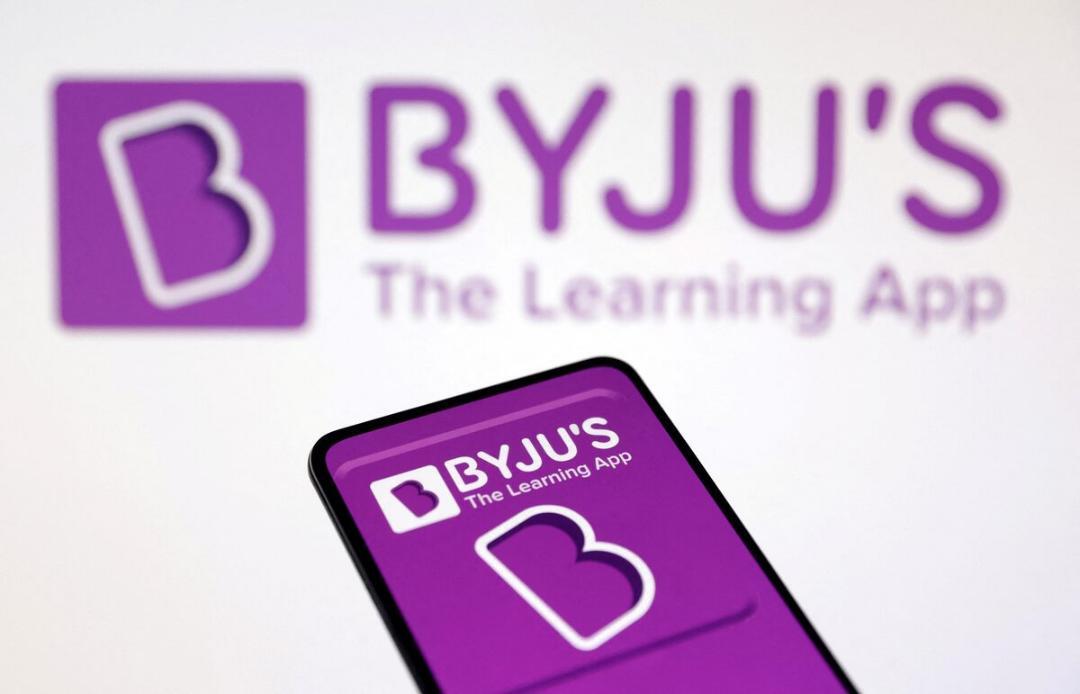
Riju Ravindran moves NCLT against BYJU’S parent’s deal with Glas
In a significant development, Riju Ravindran, the ex-promoter of BYJU’S parent company Think & Learn Pvt Ltd (TLPL), has approached the National Company Law Tribunal (NCLT) to challenge a deal between TLPL and a subsidiary of its US-based creditor Glas Trust. The deal in question involves a Compulsory Convertible Debenture (CCD) agreement, which Ravindran claims violates the Foreign Direct Investment (FDI) and Foreign Exchange Management Act (FEMA) rules.
The CCD agreement was reportedly made to raise funds for TLPL to participate in the rights issue of Aakash, a leading educational institution in India. However, Ravindran has raised objections to the agreement, alleging that it does not comply with the regulatory requirements governing foreign investments in Indian companies.
The dispute revolves around the CCD agreement, which allows Glas Trust to convert its debt into equity at a later stage. Ravindran claims that this agreement is not in compliance with the FDI and FEMA regulations, which govern the investment by foreign entities in Indian companies. He has argued that the agreement is structured in a way that allows Glas Trust to acquire a significant stake in TLPL, which could potentially lead to a change in the ownership and control of the company.
Ravindran’s move to approach the NCLT is seen as an attempt to protect the interests of the existing shareholders of TLPL, including himself. As an ex-promoter of the company, Ravindran has a significant stake in the company and is concerned about the potential implications of the CCD agreement on the company’s ownership and control.
The NCLT is expected to hear the matter and decide on the validity of the CCD agreement. If the tribunal rules in favor of Ravindran, it could potentially lead to a re-evaluation of the agreement and may even result in the deal being scrapped. On the other hand, if the tribunal upholds the agreement, it could pave the way for Glas Trust to acquire a significant stake in TLPL.
The development is significant, given the high-profile nature of BYJU’S and its parent company TLPL. BYJU’S is one of the leading ed-tech companies in India, and its parent company has been at the center of several high-profile investments and deals in recent years. The company has been valued at over $20 billion, making it one of the most valuable startups in India.
The dispute between Ravindran and TLPL is not new, and the two parties have been at odds over several issues in the past. Ravindran had previously raised concerns about the company’s governance and management, and had even approached the regulatory authorities to seek action against the company.
The current dispute is seen as an extension of the ongoing feud between Ravindran and TLPL. While the company has maintained that the CCD agreement is in compliance with all regulatory requirements, Ravindran has raised serious objections to the deal. The NCLT’s decision in the matter is expected to be closely watched, given the high stakes involved.
In conclusion, the dispute between Riju Ravindran and BYJU’S parent company TLPL is a significant development that has the potential to impact the ownership and control of the company. The CCD agreement between TLPL and Glas Trust has raised concerns about compliance with FDI and FEMA regulations, and the NCLT’s decision in the matter will be closely watched. As the ed-tech industry continues to evolve and grow, the regulatory framework governing foreign investments in Indian companies will come under increasing scrutiny.






